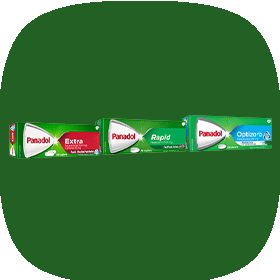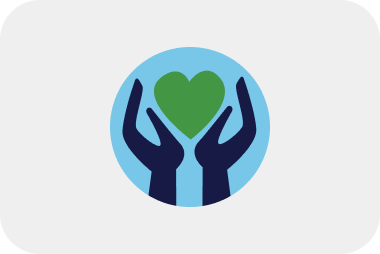Panadol Regular
Panadol Rapid
Panadol Extra
Panadol Osteo



Stories of care that inspire us
Meet some extraordinary
New Zealanders.
In 2021 we created the Care Collective, brought to you by Panadol in Australia to champion exceptional individuals. The kind of people who go to great lengths to make a positive difference in their communities.
For the first time in 2022, we launched in New Zealand and asked Kiwis across the country to send in their nominations and were overwhelmed by the number of heart-warming responses. This year, we’ve given away a total of $15,000 worth of care packages to five deserving Kiwis, each representing diverse stories of care. From celebrating those providing valuable skills and training opportunities to ensuring no one goes without in the community – here are some of the inspiring stories of care we received.
Stories of care from our 2022 Care Collective
Stay tuned over the coming months for more remarkable stories of care uncovered across the nation this year.
Louisa Stewart and Kim Steetskamp
Louisa and Kim started Clothed In Love, an organisation helping Christchurch families in need by providing them with free good quality preloved or new clothing for their children. As mothers, they know the importance of caring for others and created the organisation in an aim to bring people together to make an impact and positive change in the community of Christchurch.
Teriria Stephenson
Teriria created Backpack Outreach, an organisation that makes and distributes care packages to at risk children providing them with a sense of love and pride. Having experienced domestic violence in the home as a child, Teriria knows the effect that charities like hers can have on families and wants to make a positive impact to the lives of others.
Breahn Stubbs
Breahn is the General Manager of The Free Store, an organisation that ensures those in the community of Wellington have access to quality food where cost isn't a barrier. Through her role at The Free Store, Breahn helps to create an inclusive space that is built on a foundation of mutual respect, generosity and friendship.
Panadol is not associated with Clothed in Love, Backpack Outreach, The Wellington free store, Flourish Café, Hope In A Suitcase, Open Haven, Celebrating Abilities, or Redfern Youth Connect.
By clicking on the organisation links you will be leaving the Panadol.com site and moving to an external website independently operated and not managed by Haleon, Haleon assumes no responsibility for the site.
Uncovering the state of care in New Zealand
Following the events of the past two years, we surveyed 1,000 people to gain a deeper understanding of what care means to them and the role that our community plays in caring for one another.

84%
of New Zealanders would not hesitate to help someone in need

71%
of the New Zealand community proactively provide support for others

3 in 5
of New Zealand’s Generation Z have needed more community support in the previous two years
